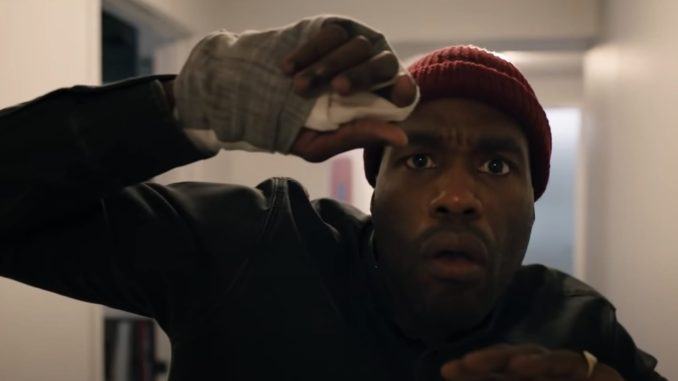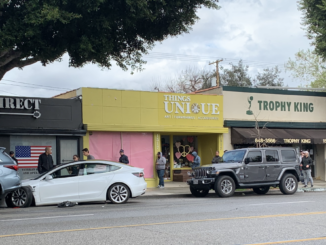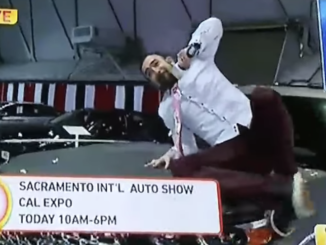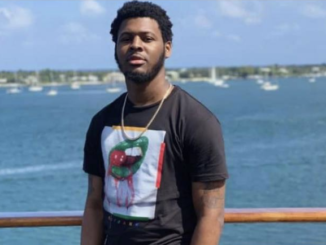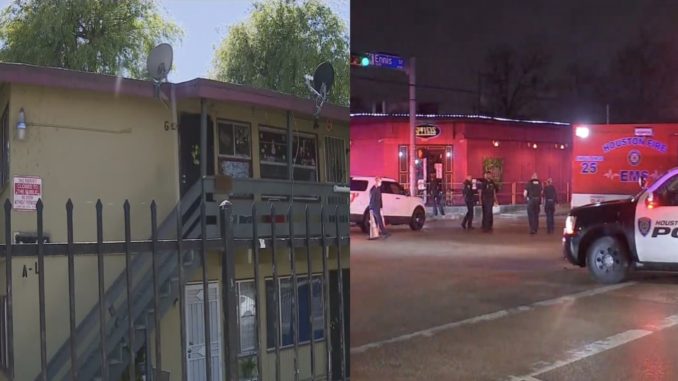
Third Ward, Houston, Texas is known for many things. Texas Southern University, Destiny’s Child, its civil rights history, and infamous streets, Scott Street, Elgin Street, and Southmore Blvd. But, it’s also notorious for years of crime and drugs.
Growing up in the area, students couldn’t even play on the school campus’ playground without finding used condoms and drug paraphernalia scattered in the sandbox. Once an area of pride and prestige as hardworking people of color populated the residential sectors, the crack epidemic of the 1980s and poverty-stricken households weakened the strong sense of security within the Houston community.
Located south of Downtown Houston, Third Ward is not too far away from the upward mobile community that houses the Texas Medical Center, Rice University, the Houston Zoo, and Hermann Park. With funding channeling to this area, real estate brokers realized the profitability potential of Third Ward and gentrification began to sweep across the historic neighborhood.
Some people were incensed by the progressing disruption to the community as lower-income residents were displaced from their homes. Meanwhile, Black business owners in the area were excited by the forthcoming opportunities that the new housing and cleanup of the area would bring.
“I think that’s the best thing that could ever happen to Third Ward,” Tiray Killings, a local business owner, told KHOU 11. “It’s just inexpensive to do business and buy a house. If you walk up and down the streets of the Third Ward, these Black businesses are thriving.”
Even with these changes, the crime history of Third Ward continues to haunt the south central neighborhood. Black businesses are thriving, but not without consequence.
On Thursday (Feb. 17), a shooting took place outside of Third Ward nightclub Spivey’s Famous Bistro. A fight broke out inside the club before the club bouncer escorted the patrons out. One of the patrons opened gunfire and shot five people, including the bouncer. All victims survived and are in stable condition.
Days after the incident, Houston Mayor Sylvester Turner announced a lawsuit from the City of Houston against the club owner, Eric Spivey, and the owners of the property. The lawsuit calls for a permanent injunction against the owners as a common nuisance under the Texas Civil Practice and Remedies Code Chapter 125. Part of an initiative created by Mayor Turner to revive Third Ward by mitigating crime, the lawsuit accuses the business owner of creating an environment conducive to violence.
“The City will be aggressive in saying to irresponsible businesses and others that they have a responsibility to make sure they are protecting their customers and neighbors,” said Mayor Turner in a statement. “We will take whatever steps we need to take to shut down dangerous businesses.”
Third Ward residents that have patronized the business have gone out of their way to express their disdain with the city punishing Spivey over something that they deem out of his control.
“Eric Spivey is not only a Houston success story, but he’s also an American success story!” Spivey’s attorney, Durrell Holt, said. “He has dedicated his life to his community and that needs to be taken into consideration here. He has never been arrested, and he was never handed anything. Everything Mr. Spivey has, he earned to the extent that he built a successful business in the very same community he has dedicated his life to.”
While Spivey fights to keep his business open, just a few states over in Southern California, another business owner is under fire for the actions of other people on his property.
Not too far from the mountain that holds the Hollywood sign, a North Hollywood apartment complex has become the war grounds for rival gangs fighting over turf. Despite being located directly across from a middle school and church, the multi-unit building is riddled with gang violence almost on a daily basis. Within a span of 15 months, there have been nine gang-related shootings.
The property is owned by management companies Pama Management Inc. and Golden Management Services Inc., under the billion-dollar umbrella Group IX BP Properties Inc. Swaranjit S. “Mike” Nijjar is the president and CEO, while his sister, Daljit K. Kler, is director over Pama Management.
Mike Feuer, the Los Angeles City Attorney, is taking action against the owners via a nuisance abatement lawsuit. Instead of simply taking the business away, city authorities want the owner to live on the property.
“The violence at and around this gang-ridden property has got to stop now. It’s so bad that the church next door had to suspend youth activities during this recent outbreak of shootings to keep young congregants out of harm’s way, then erect a metal barrier to deflect bullets,” said Feuer. “In our lawsuit, we allege that the owner — one of the largest landlords in California — and operator have allowed these incredibly dangerous conditions to persist. We’ve successfully sued this owner before over another sprawling property. Now we’re asking the court to order him to live in his Vanowen complex. Let him learn what it’s like to live with shooting after shooting, because that’s what the hardworking families at this property endure all the time.”
This is not the first time that Nijjar has been the subject of a lawsuit filed by the city. In a similar situation, a Baldwin Hills property owned by the real estate giant was the mainstay of another Los Angeles gang.
These are two different — but the same — cases in two different states. However, both business owners are being held accountable for the actions of others on their properties. At first thought, the owners appear to be scapegoats for potentially unsaid agendas.
Perhaps, ridding Third Ward of the Spivey bar could be an honest attempt to eradicate the area of businesses that draw the wrong crowd. Or it could be a chess move to free up the property for another opportunity to gentrify the area. In Los Angeles, there might be a personal agenda motivating city authorities to target Nijjar. One news outlet did report that Councilman Paul Krekorian takes his children to the church adjacent to the NoHo property.
On the other side of the spectrum, is it unreasonable to pressure business owners to be more aware of how their businesses affect communities? Just like insurance, safeguards should be mandatory. That would include proper lighting, security guards, 24/7 video surveillance, property maintenance, and access control, to name a few.
Ironically, in all of this, no one is applying pressure to the actual criminals executing these crimes. There’s no outcry for the shooter at Spivey’s or the gang members inflicting dangerous situations on innocent bystanders to be investigated and locked up.
So, what do you think? Should these and all business owners be liable for the actions of others on their property? Or is the root of these issues more a social problem that warns of a foreseeable rise in crime?
